8th Pay Commission 2025 — Latest Update Before Diwali
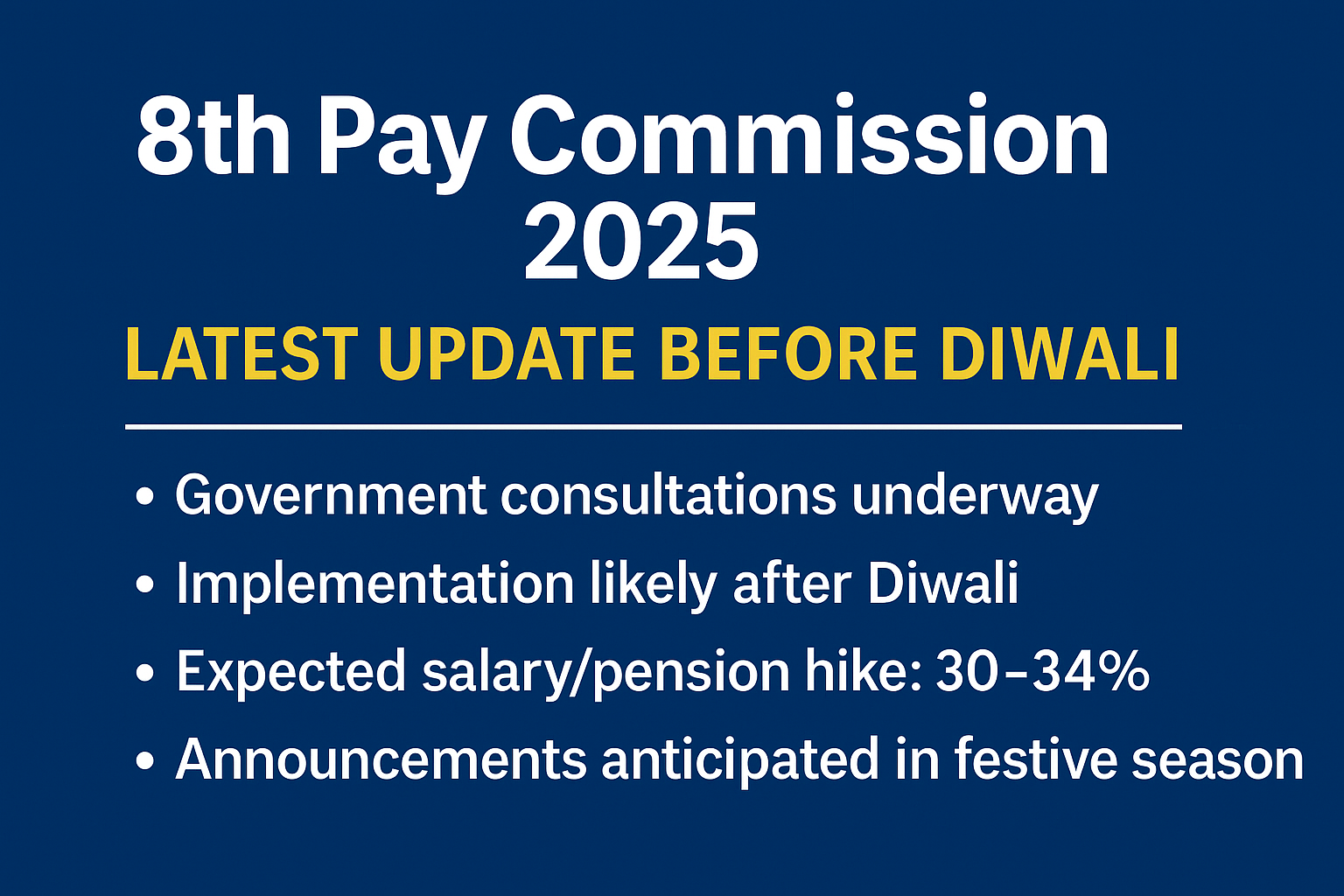
8th Pay Commission 2025 — Latest Update Before Diwali
What central government employees and pensioners need to know right now (clear, factual, and timed for the festive rush).
ALSO READ
Gold’s new peak: Go for partial profit-booking in gold
Quick takeaway
The government has begun formal consultations and placed related material in Parliament; the 8th Central Pay Commission (8th CPC) process is underway but implementation appears unlikely to be fully rolled out before Diwali — expect announcements of next steps, not immediate salary credits.
Why everyone’s talking about the 8th Pay Commission now
Pay commissions reshape pay, allowances and pensions for millions of central government employees and pensioners. With the 7th CPC era ending and fiscal math shifting, stakeholders — unions, ministries, and the Finance Ministry — have stepped up consultations. Over the last few months the government has placed Terms of Reference and related inputs in Parliament and officially started stakeholder consultations with states and key ministries. That’s the administrative green light to begin the heavy lifting.
What the government has actually done (concrete steps)
- Consultations started: The Finance Ministry has begun consultations with ministries, states and departments — a standard first step before appointing commission members and finalising Terms of Reference.
- Documents in Parliament: Annexures and inputs from bodies such as the Staff Side (National Council JCM) have been placed on record, showing that worker demands and technical suggestions are already being collected.
- Public reports & industry analysis: Brokerage and policy analysts are publishing estimates — some expect significant hikes (reports speak of ~30–34% in scenarios), but these are forecast models not government orders.
Likely timeline — what to realistically expect
There are two separate clocks to keep in mind:
-
Administrative clock (constitution and recommendations): Once the government finalises Terms of Reference and appoints the commission, the commission typically takes 12–24 months to consult, deliberate and submit recommendations. Given consultations are underway now, the earliest realistic submission would be mid–late 2026.
-
Implementation clock (government approval & payout): Even after recommendations, approvals, budget allocations and framing of implementation rules take time. Several reputable analyses warn implementation may slip into 2027 despite retrospective effective dates (for example, commissions often recommend backdated effectivity). That means even if a notional effective date is January 1, 2026, actual pay credits and arrears processing could take months thereafter.
Bottom line: Don’t expect full salary credits or mass payslip changes before Diwali; expect official announcements about process milestones and likely timelines.
How big could the hike be? (estimates and what they mean)
Market analysts and think-tanks have proposed varying scenarios:
-
Fitment-factor talk: Estimates circulating put a potential fitment factor in a wide range (examples seen in commentary: 1.8–2.46). The fitment factor is crucial — it multiplies basic pay to set the new pay matrix. Higher fitment = bigger immediate basic pay increase.
-
Overall percentage increases: Some analyses (brokerage/consultancies) project aggregate salary and pension uplifts in the 30–34% band under certain fitment assumptions. These are model-driven projections and depend completely on the final fitment factor, allowance revisions, and any scrapping/consolidation of allowances.
Remember: these are estimates. The official number will come only with the commission’s recommendations and government acceptance.
Allowances, pension & arrears — the complicated bits
- Allowances: Past pay commissions have pruned and rationalised allowances. Reports suggest the 8th CPC may again rationalise the allowance structure to remove overlaps — this can change take-home pay despite higher basic pay.
- Pensioners: Pension revision is always critical. If the commission raises the basic-pay scale, pensioners are usually granted commensurate Dearness Relief (DR) and recomputed pension, possibly generating arrears. Expect separate notifications and a phased pension recalculation exercise.
- Arrears: Even when a pay commission’s recommendations are made effective retrospectively, processing arrears (for millions of employees and pensioners) is administratively heavy — expect staggered payments rather than a single Diwali windfall.
What unions and JCM are already asking for
Staff unions (JCM/Staff Side) have put forward demands covering pay, allowances, pensions, terminal benefits and service conditions. They have urged that any implementation be made effective from January 1, 2026 despite administrative delays — to protect arrear entitlement. Union pressure can influence both the fitment range and the effective date discussions.
Practical advice for employees & pensioners before Diwali
- Manage expectations: Expect official announcements (consultation progress, ToR, appointment of members), not a mass salary credit before Diwali.
- Check payslip news channels: Rely on official circulars from Finance Ministry / Department of Expenditure and authenticated DoPT notifications — secondary reports are useful but wait for government orders.
- Plan finances prudently: If you were counting on a Diwali payout for big purchases, avoid locking in large expenditures based on speculative hikes. Consider building a short-term buffer.
- Keep documents ready: For pension recomputations and arrears claims you may be asked for service records; keep nomination, PPO and commutation paperwork accessible.
- Follow union updates: Staff-side communiqués often summarize negotiation outcomes and submission dates in plain language.
What the market/fiscal angle means for rollout
Large pay rises increase the government’s recurring wage bill and put pressure on fiscal deficits. Analysts expect the Finance Ministry to weigh the timing carefully — hence a staged approach is likely (recommendations → cabinet consideration → phased budget provisioning). Markets and analysts are already modelling the fiscal impact; that’s why immediate full rollout is politically and fiscally sensitive.
Likely sequence of official milestones (what to watch for next)
- Formal appointment notification of the 8th CPC members.
- Publication of the Terms of Reference (if not already finalised).
- Commission’s consultation rounds and interim reports.
- Commission submission of recommendations to the government.
- Government approval and Ministry-level orders on implementation and arrears.
- Pensioners’ PPO/recomputation circulars and disbursal timelines.
Short FAQ (fast answers)
Q: Will I get a pay hike this Diwali?
A: Unlikely as a general payout. Expect process announcements; actual salary/pension credits typically arrive only after recommendations are finalized and orders issued.
Q: Could the 8th CPC be effective from Jan 1, 2026?
A: That date is being discussed and used as a reference in analysis, but an effective date is a political/administrative decision and may be backdated even if implementation is later. Analysts note the possibility, but it’s not confirmed.
Q: How big will the salary hike be?
A: Public estimates range widely (some suggest ~30–34% under certain fitment scenarios). The official figure depends on the fitment factor and allowance decisions.
Q: Where will official updates appear?
A: Finance Ministry / Department of Expenditure, Department of Personnel & Training (DoPT) and official gazette notifications — monitor these, plus authenticated press releases.

.jpeg)
.jpeg)
.jpeg)
.jpeg)
.jpeg)
.jpeg)
.jpeg)


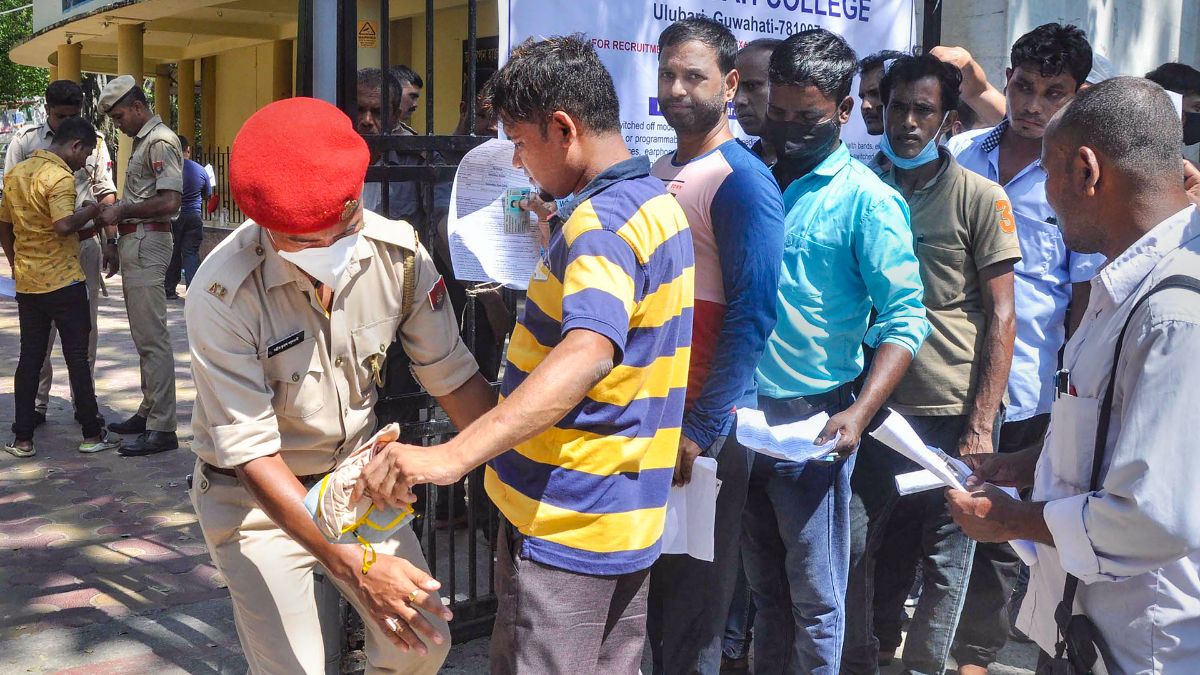

.jpeg)



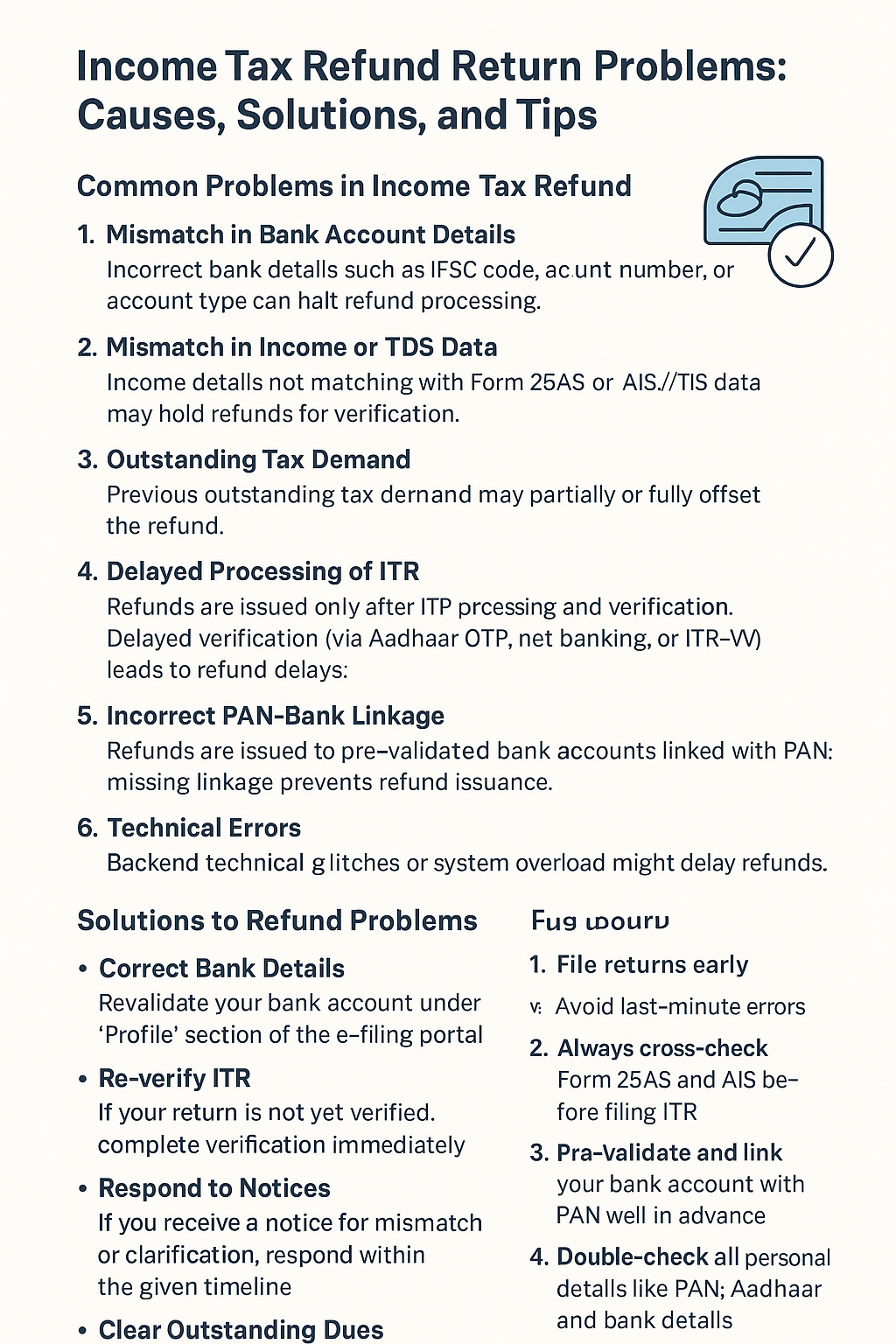

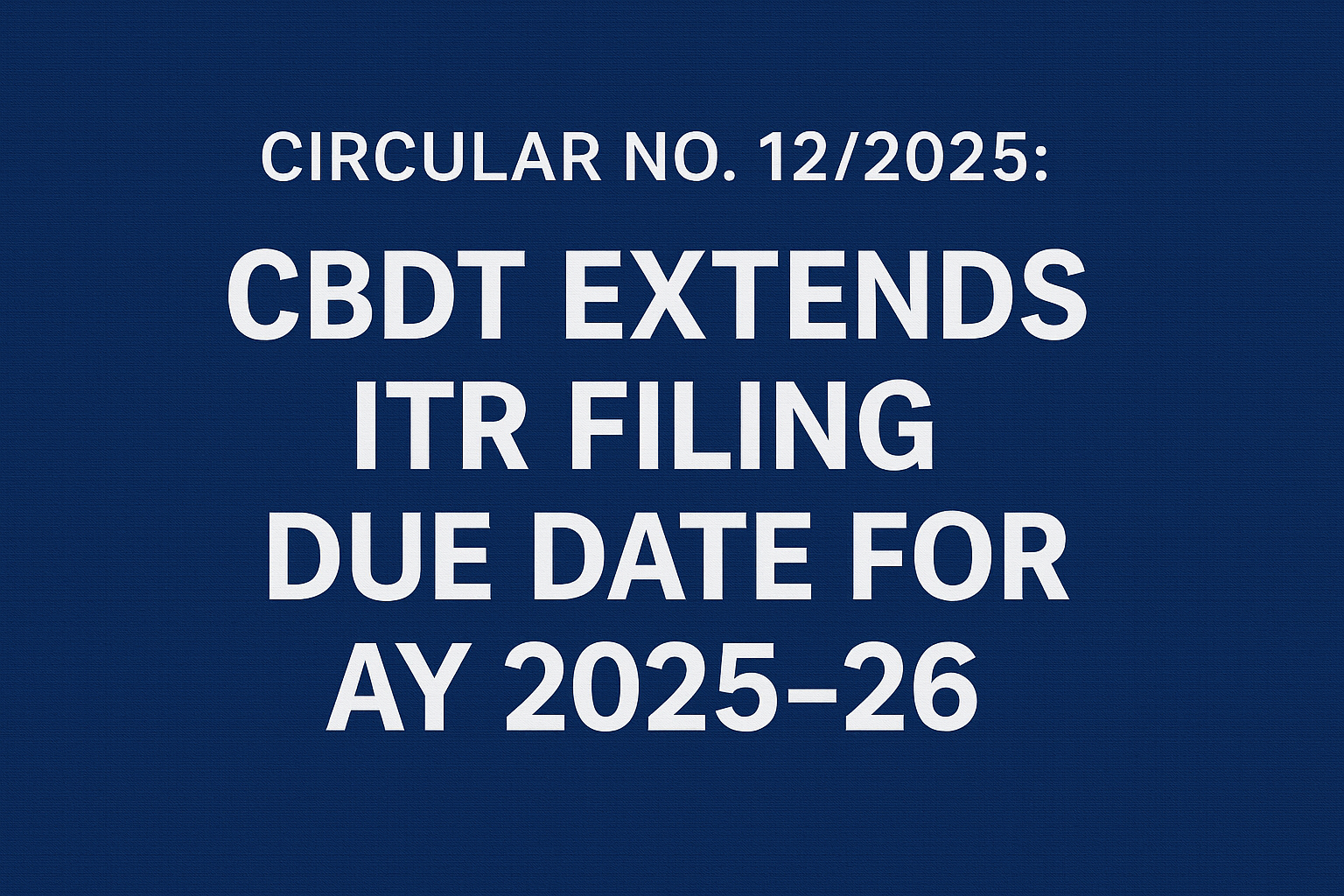
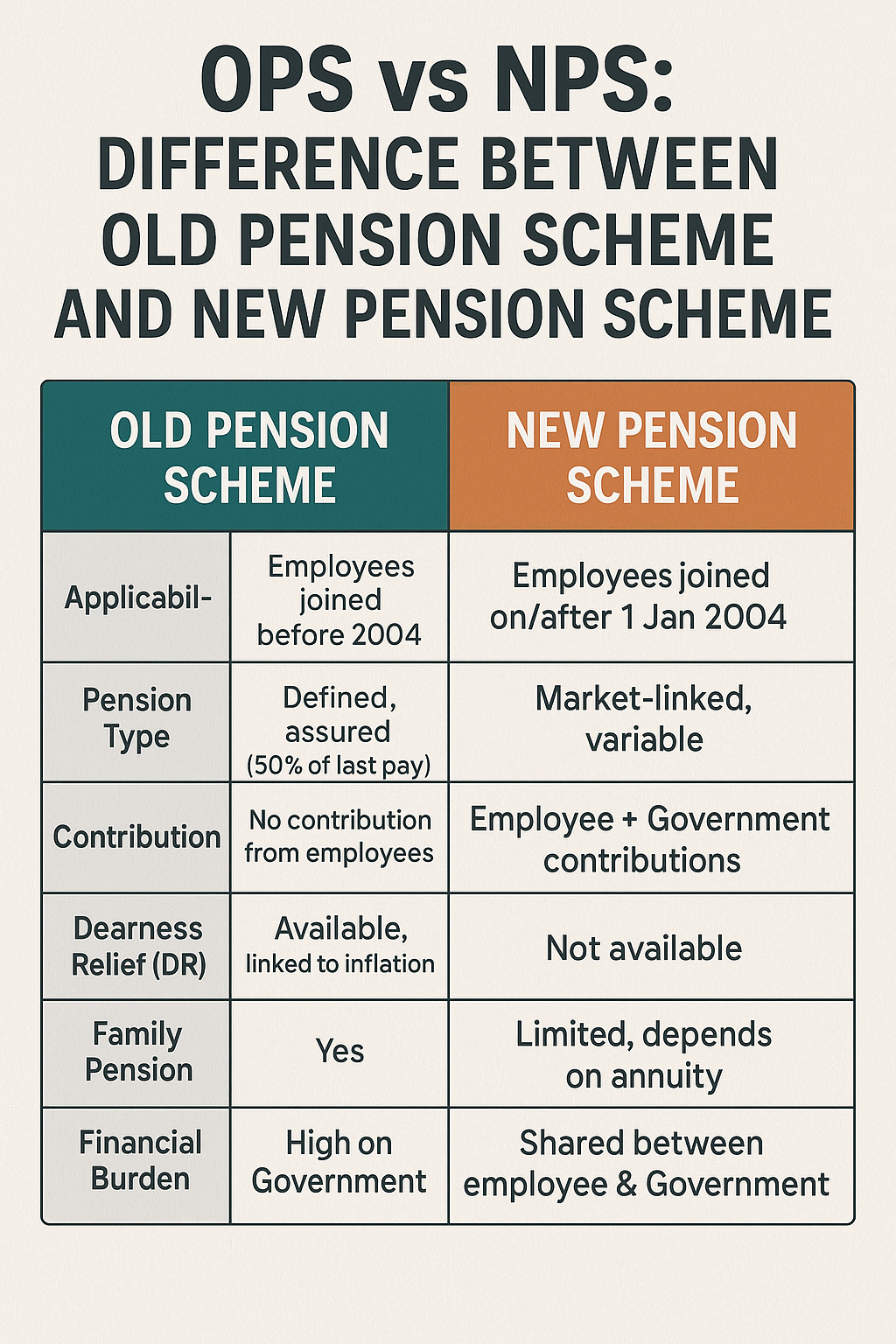

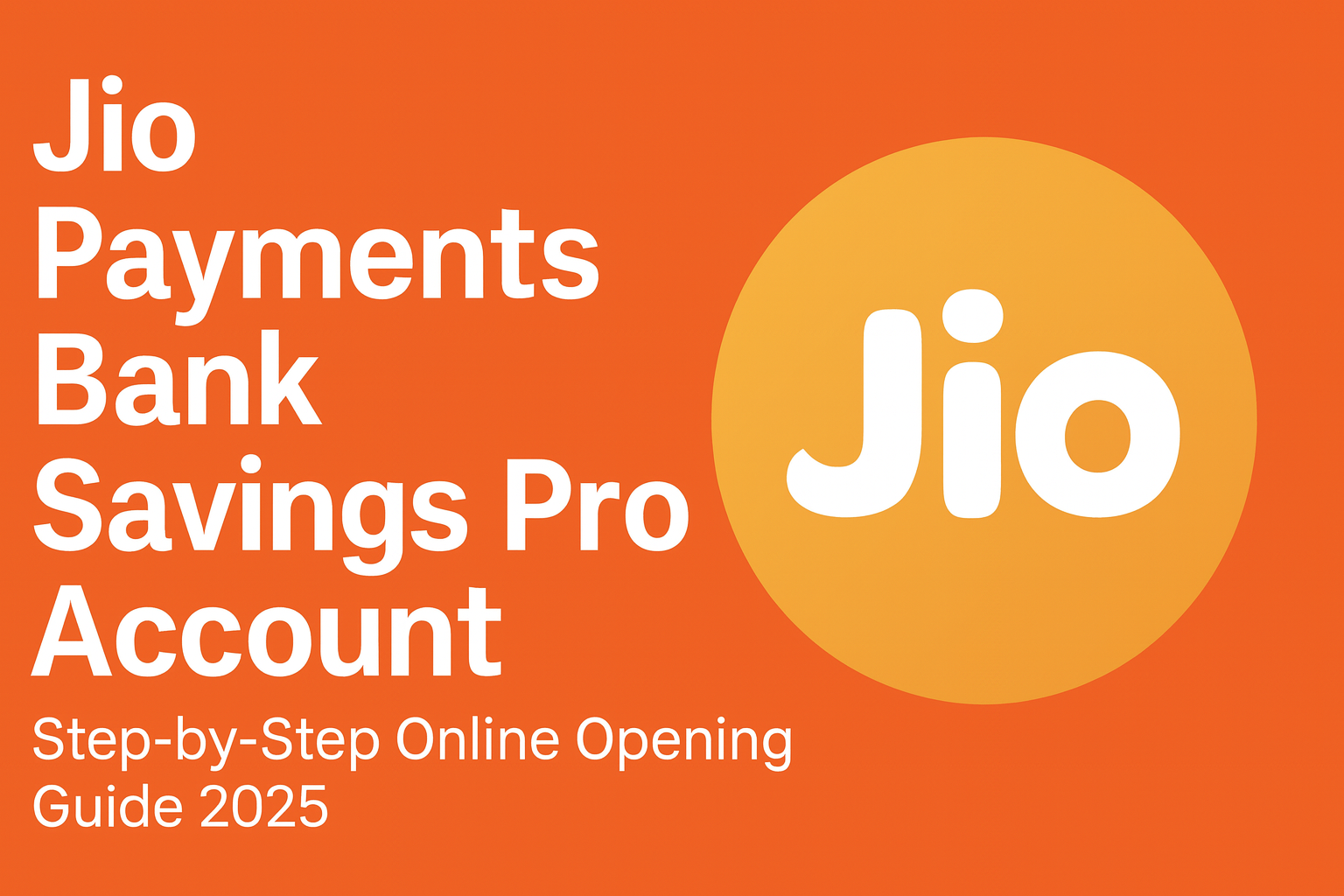

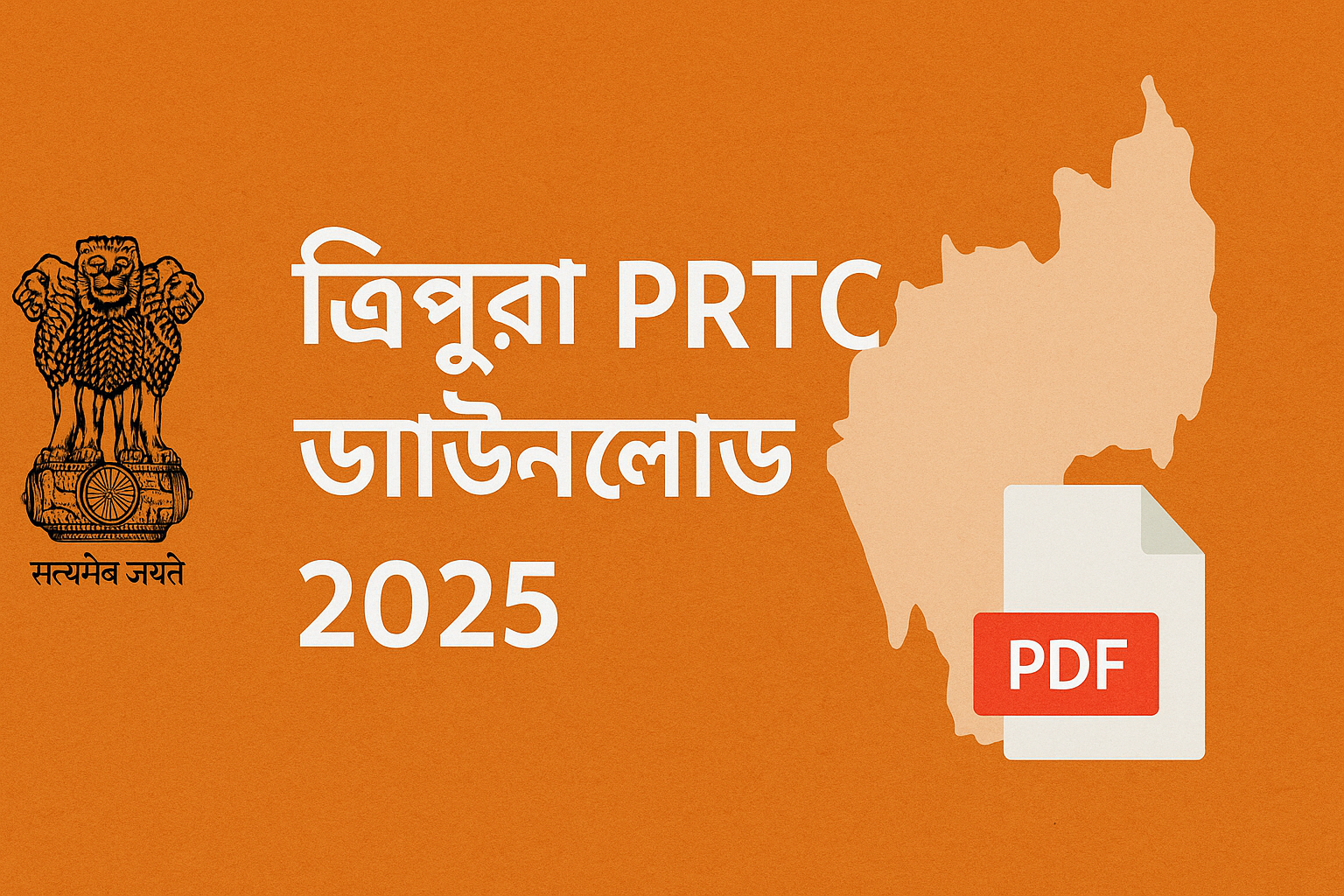
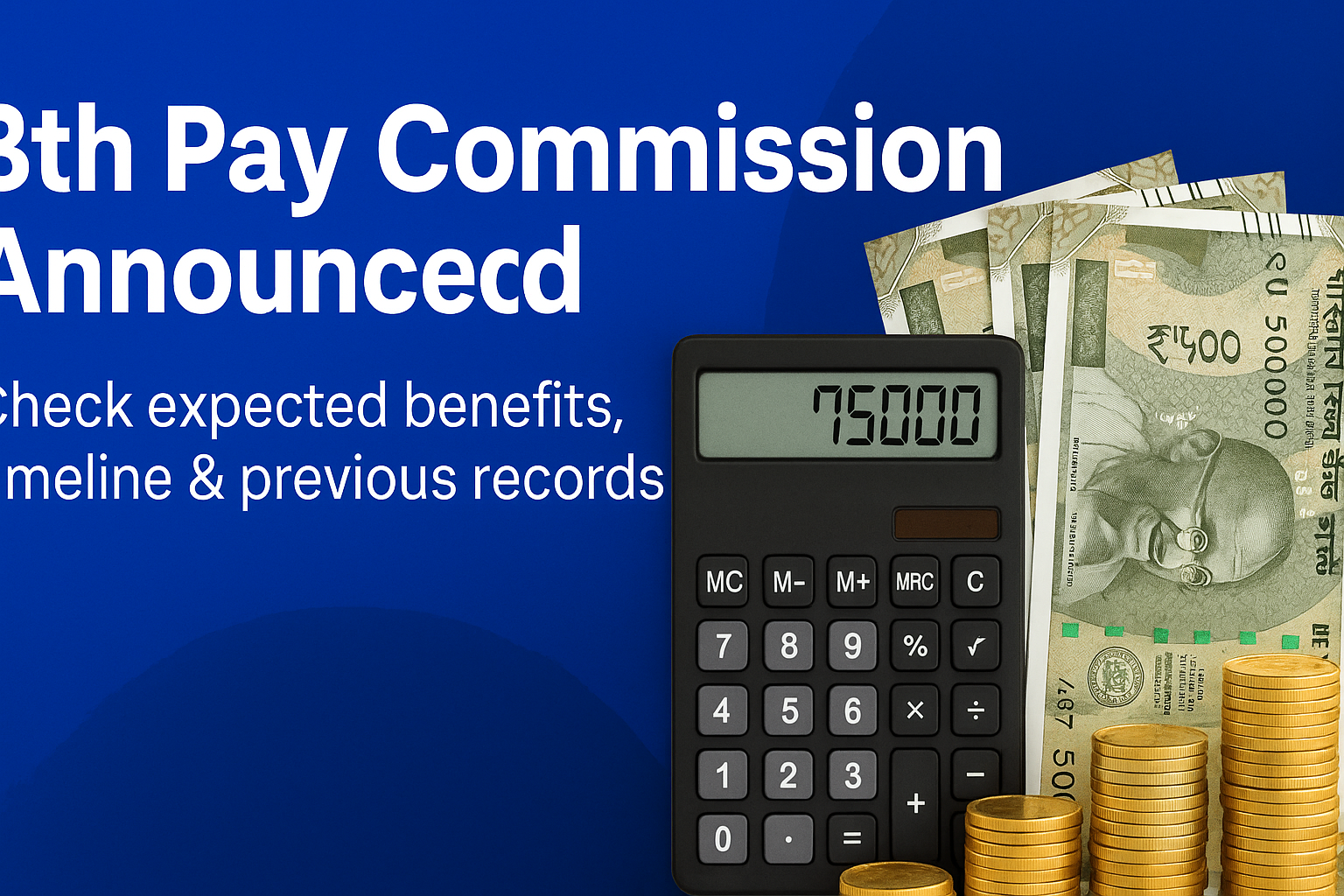



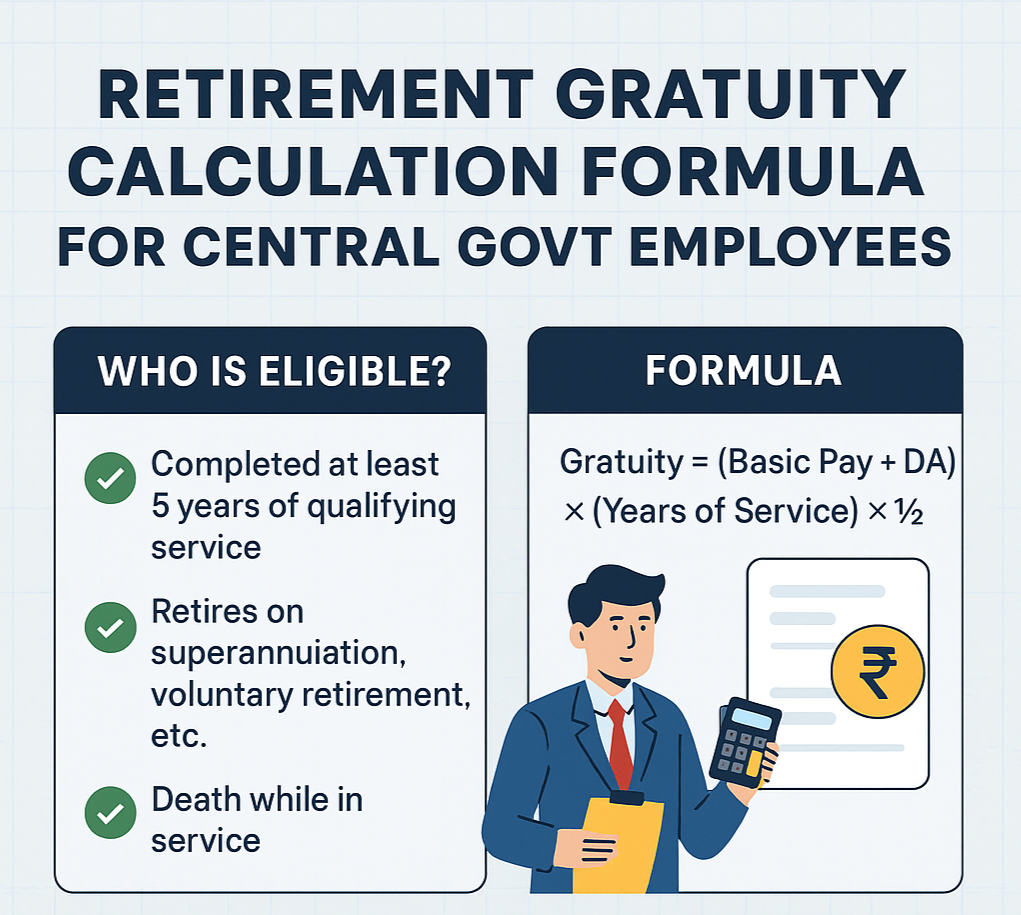
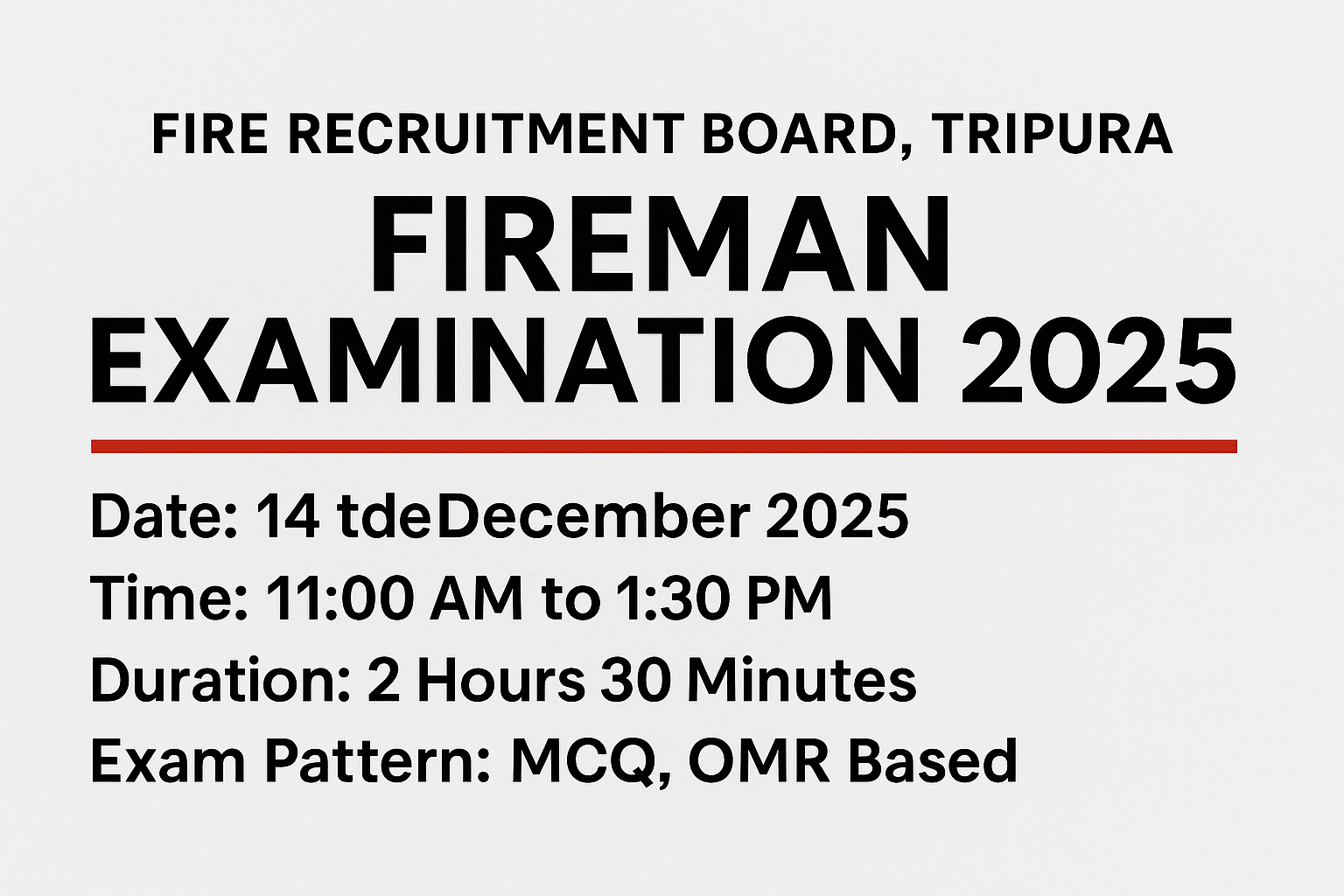

.png)
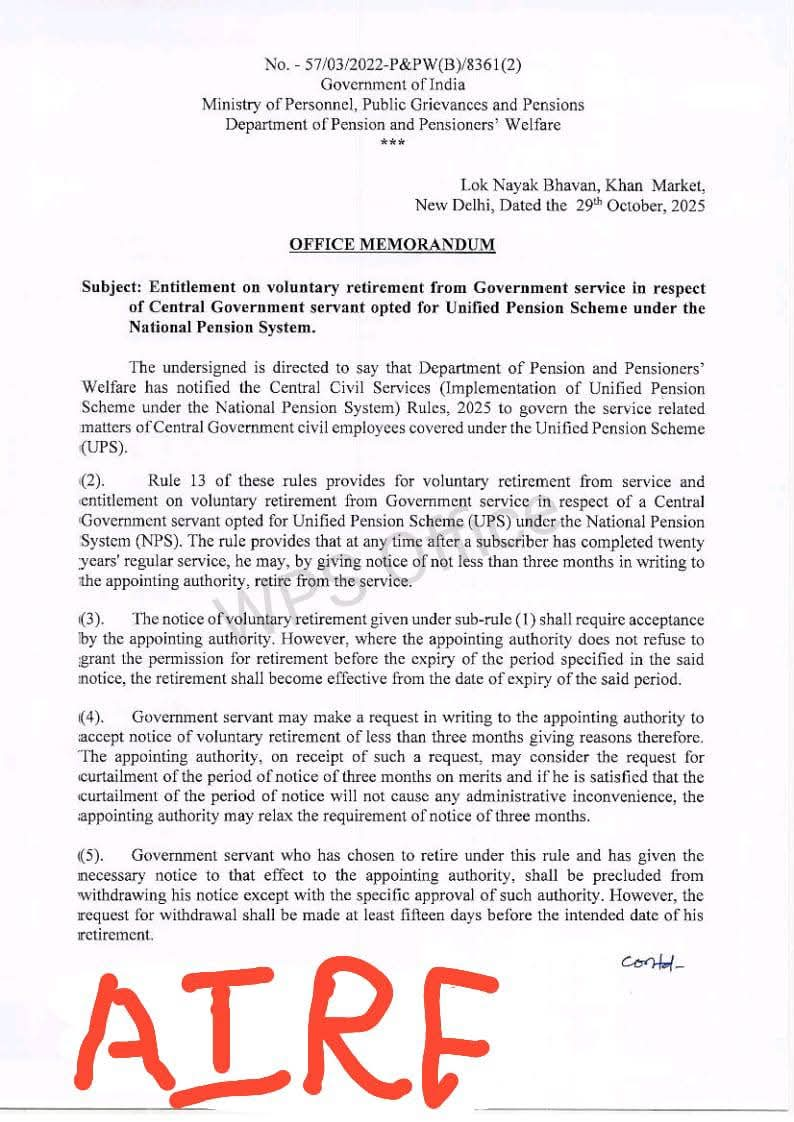
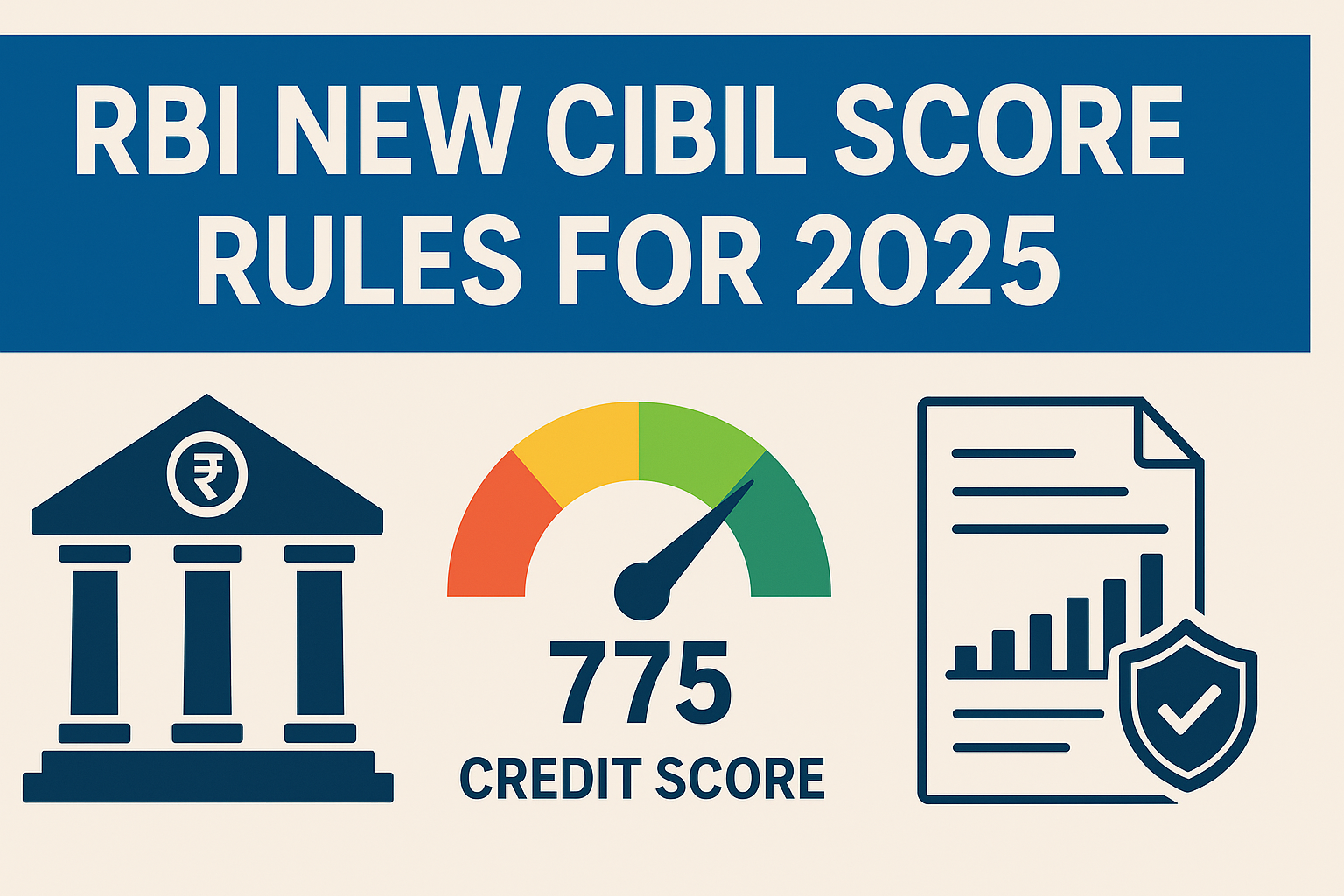
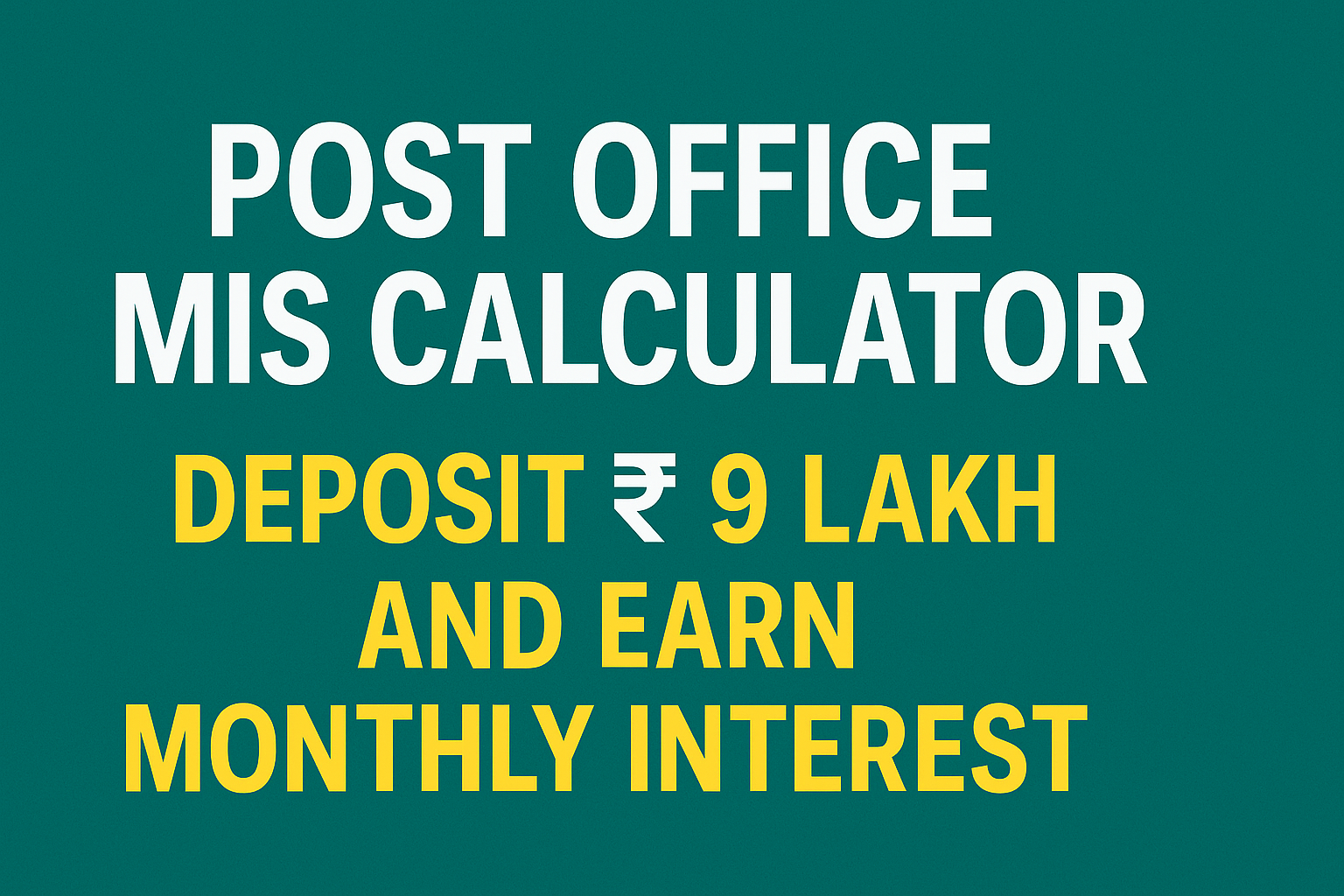
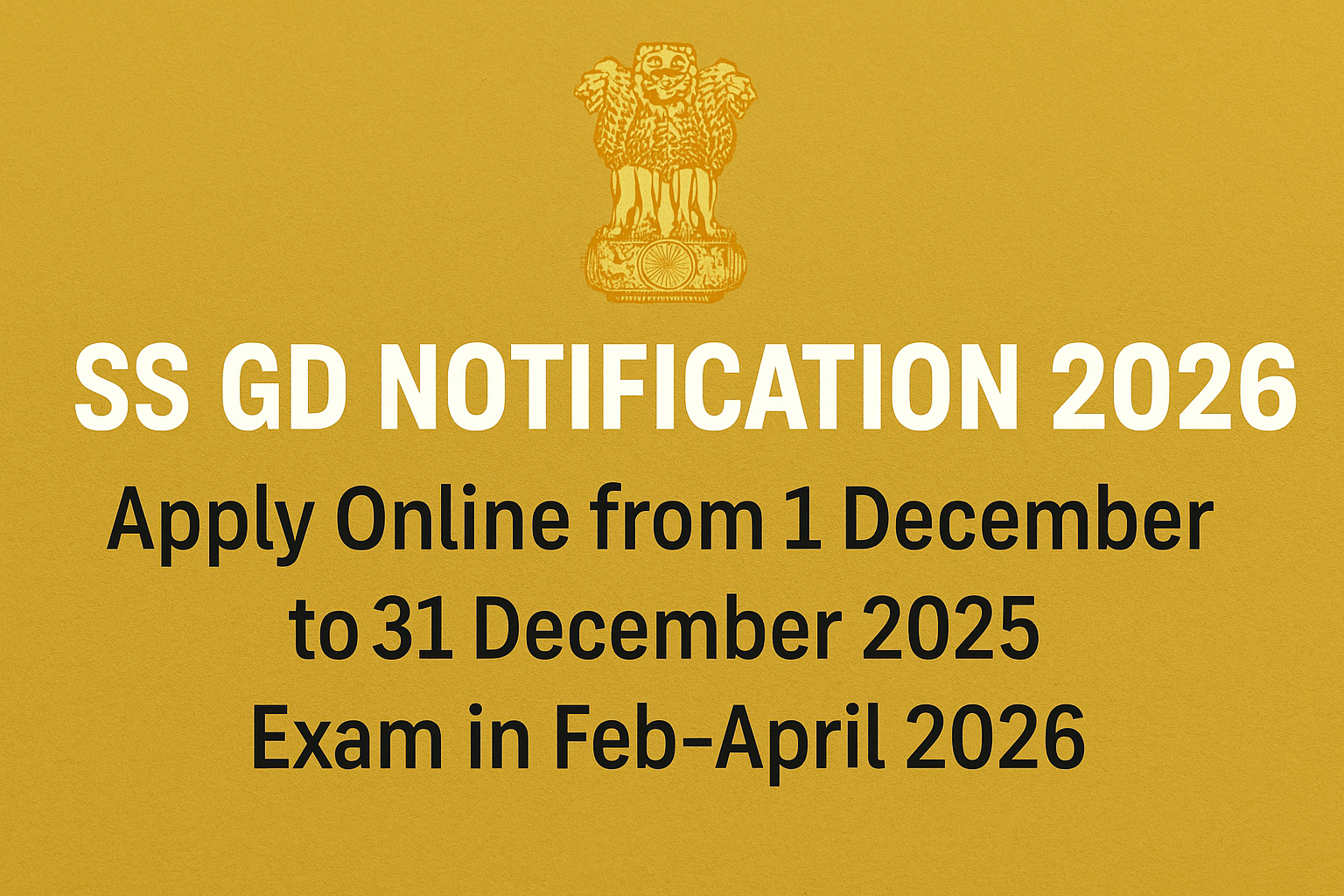
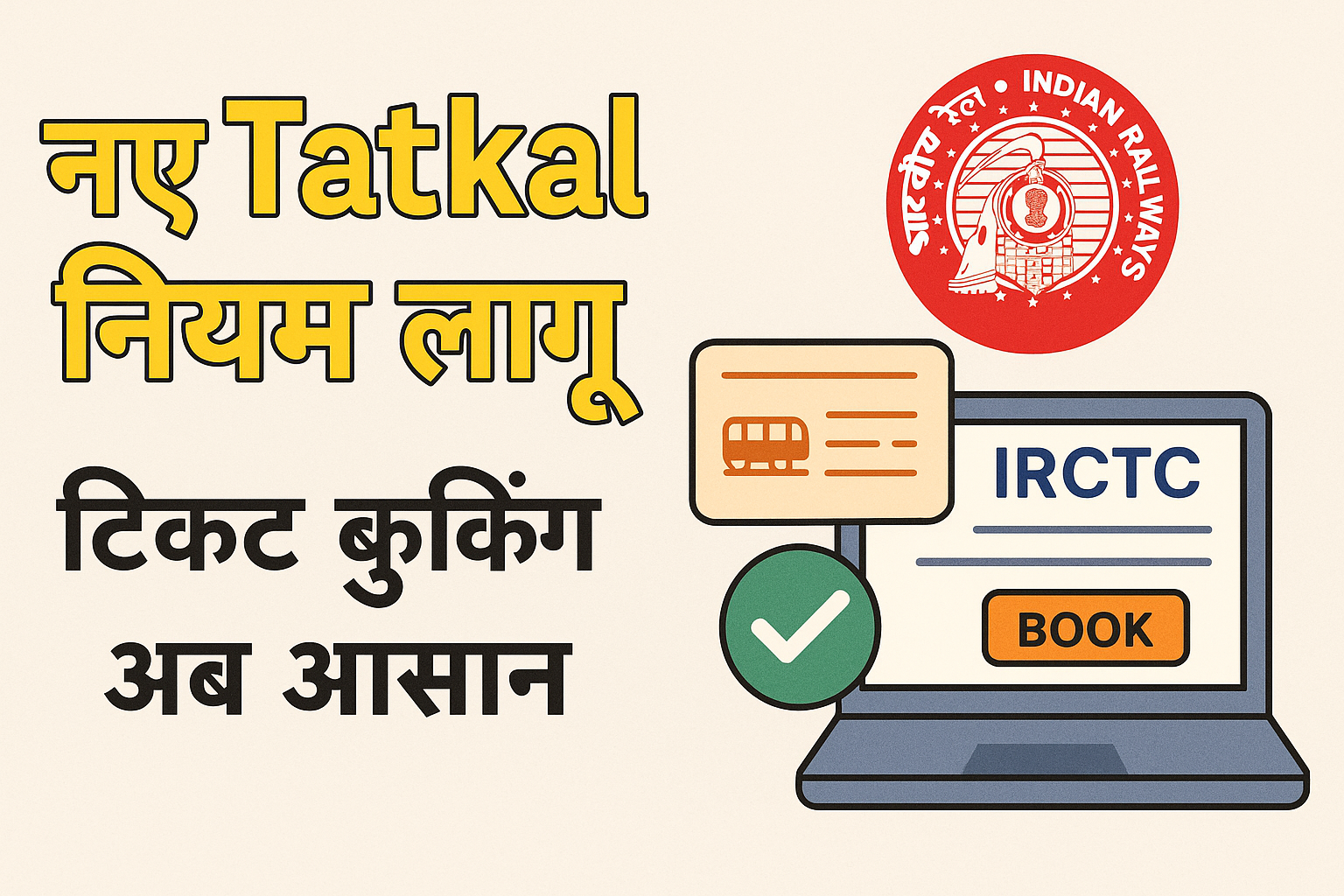

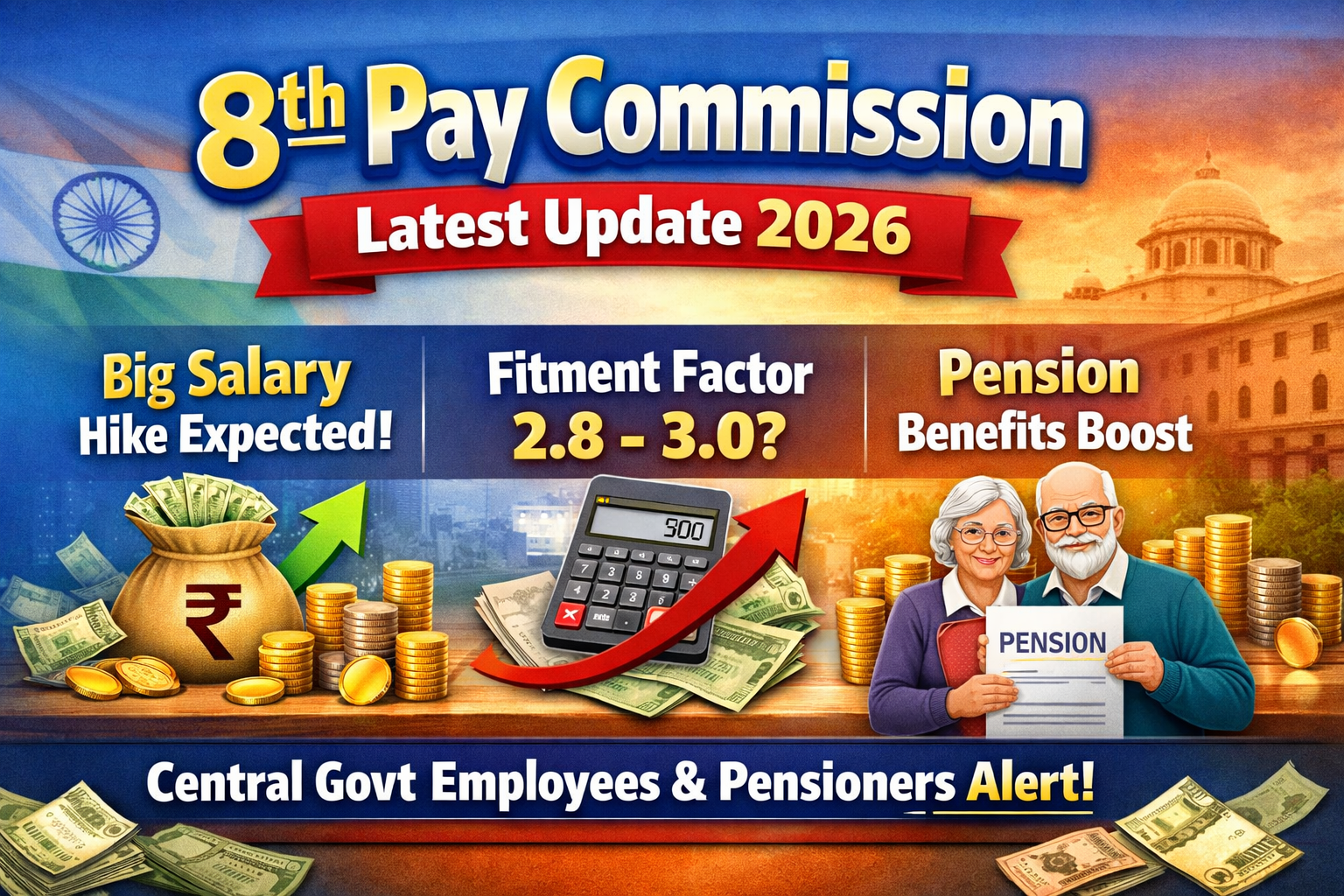

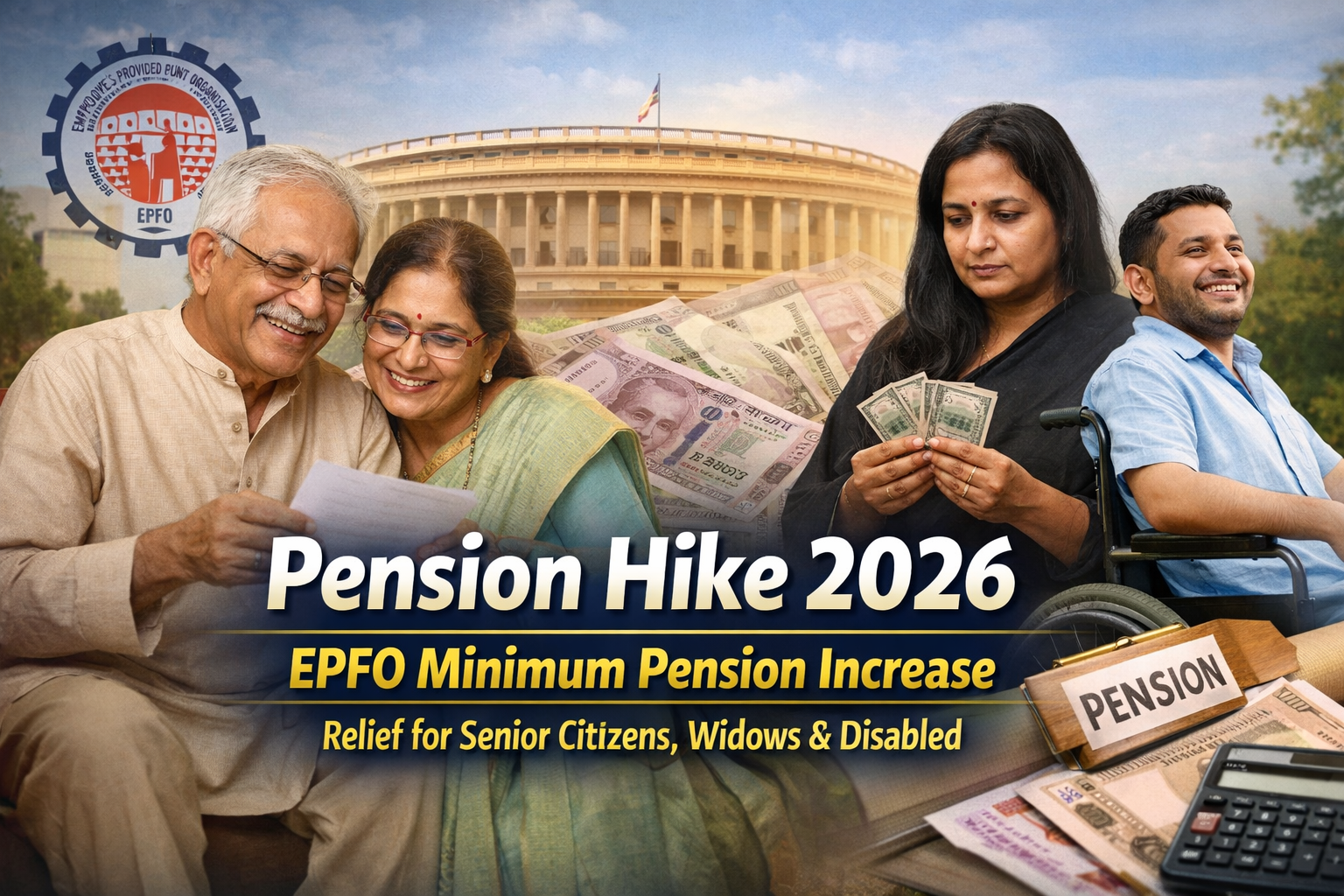
.png)